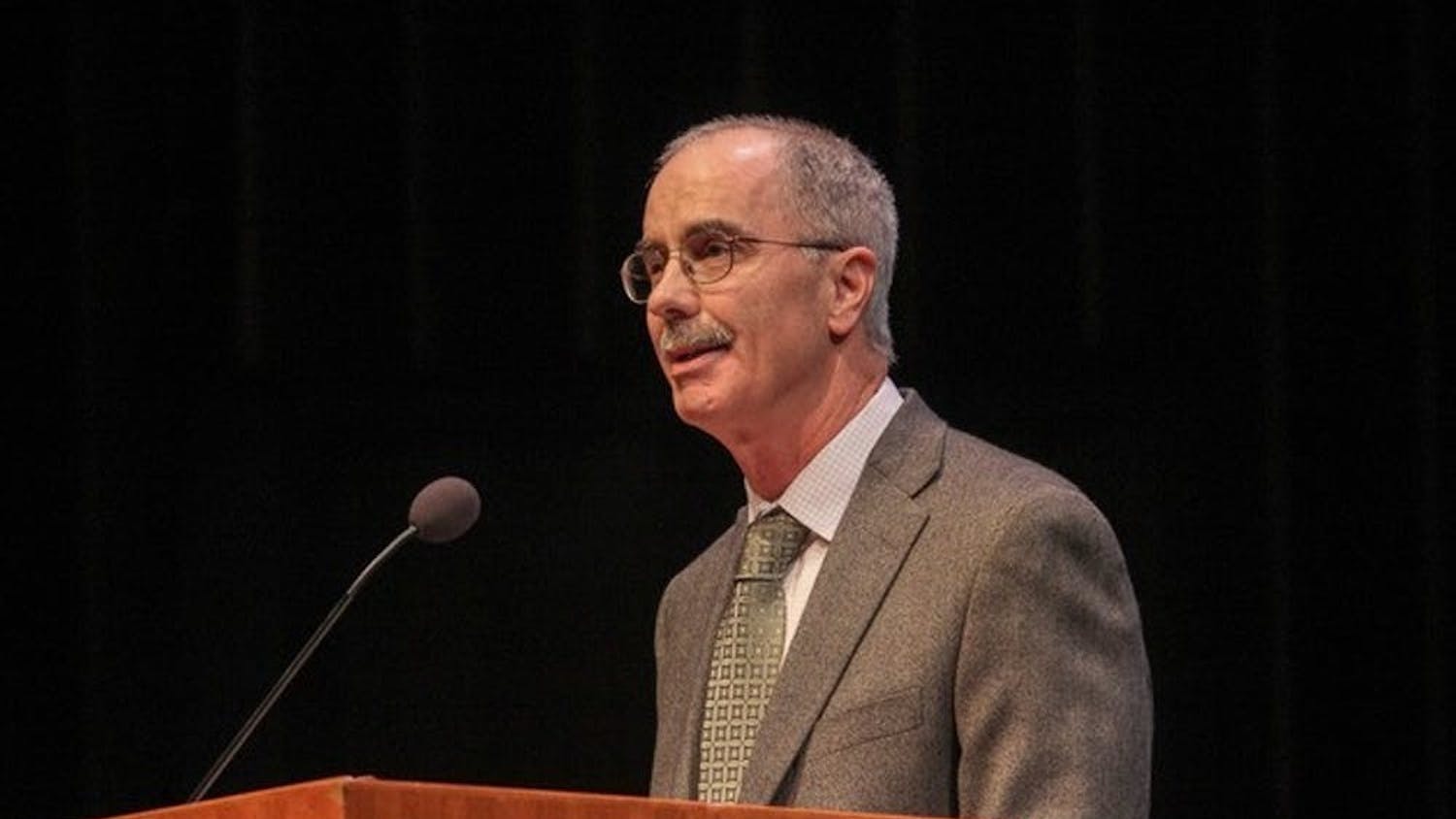When I was a freshman in 2018, I found myself tangled within the complicated web of Dartmouth’s mental health policies. At every possible turn, I was treated as a nuisance, a legal liability the College could not risk being accountable for. To stay on campus, I traded my medical freedom, waiving my right to confidentiality so that the College could be sure I was pursuing counseling services I could not afford. More than two years on, it is evident that Dartmouth’s policy of cruelty and punitive action has not changed; in fact, the College’s lack of mercy has worsened in the face of the COVID-19 pandemic, when more students than ever are in need of mental health care and support.
There has been one confirmed student suicide during the 2020-21 school year, that of freshman Beau DuBray. Another freshman, Connor Tiffany, died unexpectedly earlier this year, with little details available to students attempting to decipher the relentless wave of grief. Just recently, another student, Elizabeth Reimer ’24, passed away unexpectedly, followed by a prompt email from President Hanlon promising to devote more resources for mental health needs on campus. In the May 21 email, President Hanlon wrote that the College would commit to bringing on an additional counselor-on-call and two more regular counselors. While this commitment is admirable, albeit disappointingly late, it fails to consider the fact that the current medical withdrawal policies of the College are an active disincentive for students to seek help, no matter how many counselors are available at Dick’s House. If communicating with a counselor honestly about suicidal ideations or plans results in forcible committal or removal, any student concerned about their education and ability to utilize campus resources will feel pressure to simply lie or avoid counseling in the first place.
While this year has been a particularly egregious one for student wellness, the College’s history of negligence can be traced back much further, evidenced by a 2018 Ruderman Foundation Report that gave both Yale and Dartmouth a grade of “F” due to their harsh medical withdrawal policies. Under the current College policy, students who “experience health issues that significantly impact their ability to function” are sometimes encouraged to go on medical leave, or can be forced on mandatory medical leave should the Dartmouth College Medical Care center deem it appropriate. Students are then obligated to apply for reinstatement and present documents proving they have accessed “clinically appropriate medical treatment”; in a cruel twist, students on medical leave are ineligible for Counseling services at Dick’s House, potentially adding financial hardship and accessibility issues for students already struggling with their mental health. The College, as well as Columbia, Cornell and Yale, also bans students from being on campus during their leave term, forcing social isolation on students desperately in need of community support and resources.
The draconian leave policy and further punishment of students once they have been forced on leave offers one message to struggling students: do not seek help, for doing so results in punishment, a loss of agency and potential removal from campus — all to protect the College’s image and reduce their level of liability. Even if the College had adequate mental health resources to serve all students in need, these policies provide a firm incentive to remain silent about mental health struggles for fear of being met with cruelty and removal from, for many students, the only source of stability they have ever known. The best mental health facilities in the country will not reduce the fear and harm of punitive action and forcible commitment to mental health facilities or rejection from on-campus resources and relationships.
My plea to the Dartmouth administration regarding the medical leave policy is thus: For the love of God, do anything. Keep your damn candles and face masks and pitiful e-mails. Be honest about the mental health epidemic rampant on this campus, and other college campuses. Stop punishing students for suffering. Listen to the mounting number of mental health experts, including Dr. Miriam Hayes, the author of the Ruderman Foundation Report, who have made it clear that forcible medical withdrawal discourages students from seeking existing services. Take accountability for the misery this institution has inflicted on suffering individuals. Act with even an iota of empathy when re-evaluating these disastrous medical withdrawal policies. Make this a school I can recommend in good conscience to other neurodivergent peers. Help us. Do anything other than harshly rejecting students who devote their lives and talents to an institution that views them as disposable.
Attiya Khan is a member of the Class of 2022.
The Dartmouth welcomes guest columns. We request that guest columns be the original work of the submitter. Submissions may be sent to both opinion@thedartmouth.com and editor@thedartmouth.com. Submissions will receive a response within three business days.
Editor-in-chief Kyle Mullins was not involved in the editing of this editorial due to a conflict of interest.


